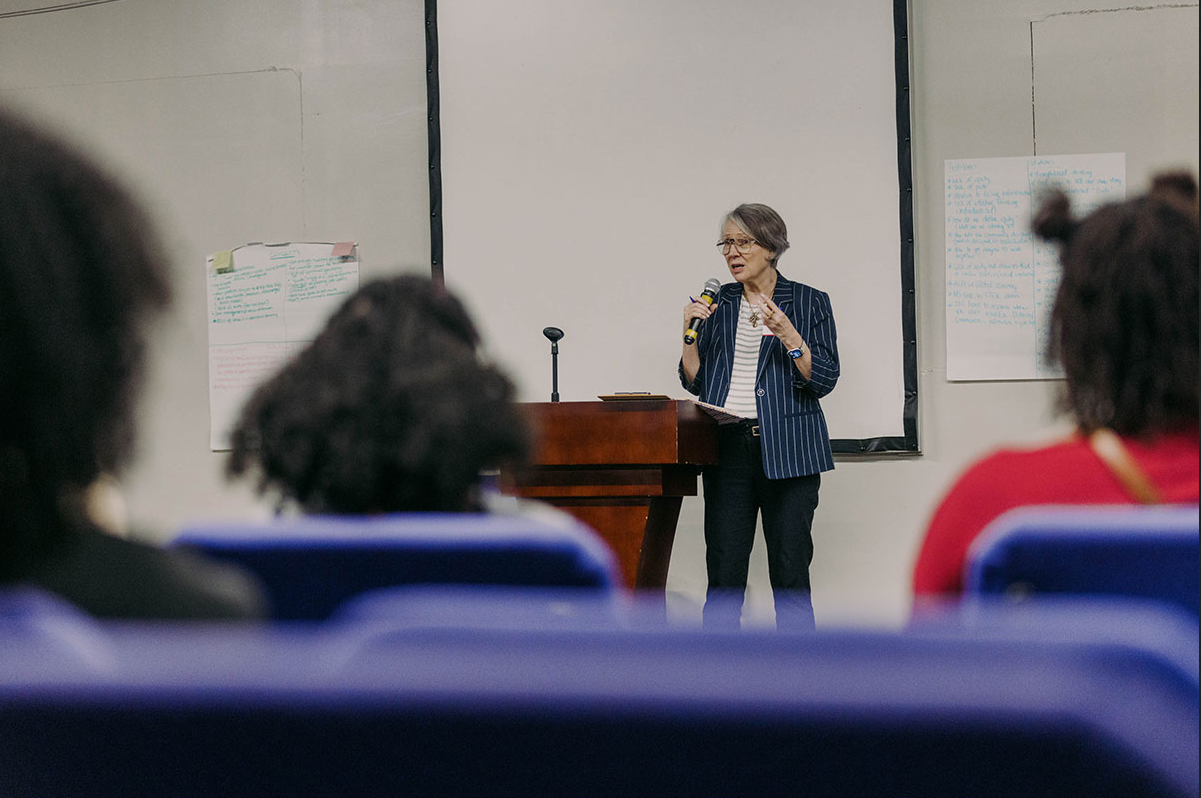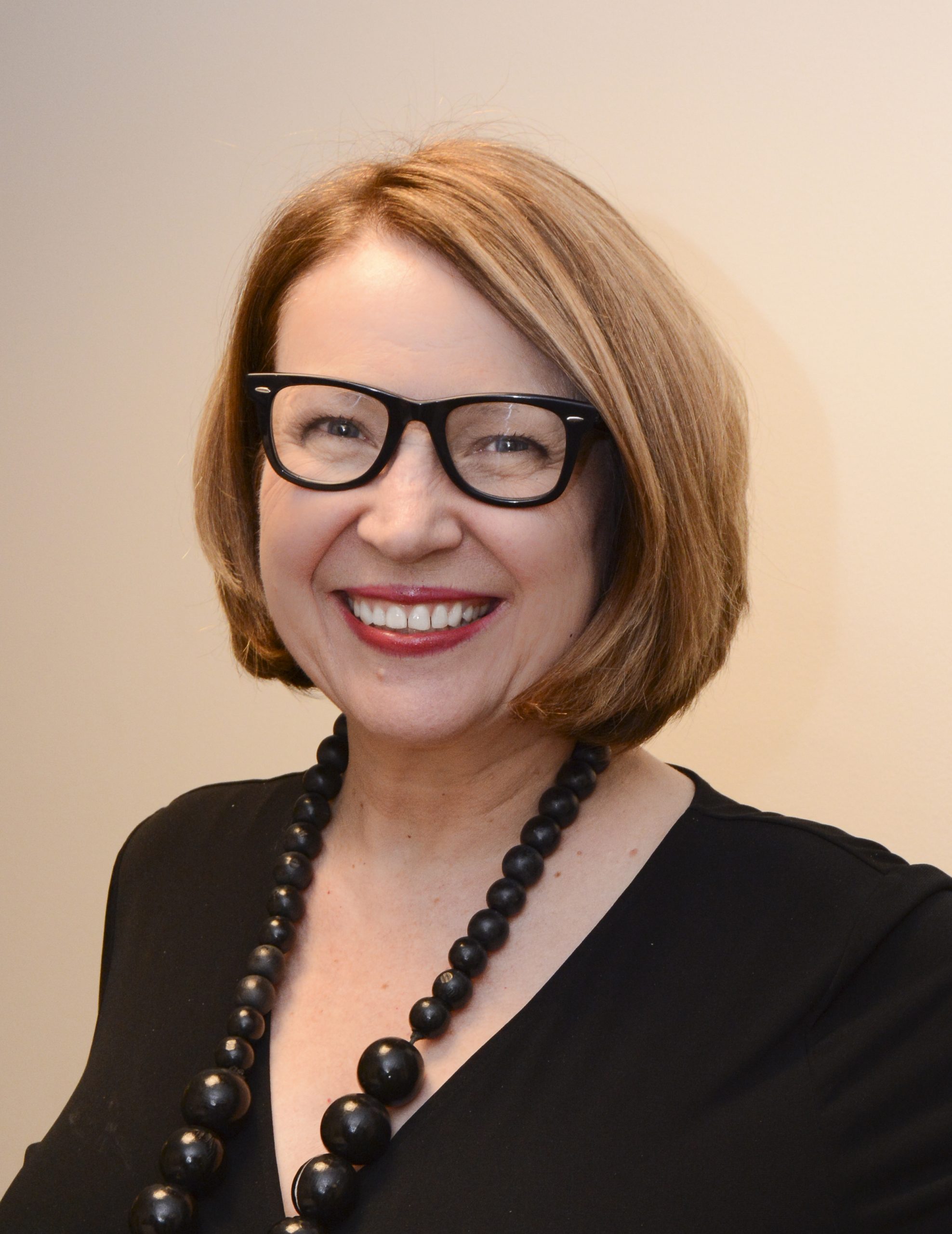OXFORD, Miss.—Last night, I hosted a heartwarming fundraising event at a friend’s lovely, art-filled home here in Oxford with locally based Director of Giving Cristen Hemmins. A big and inquisitive crowd showed up, including a former governor, some professors, entrepreneurs and a whole lot of women of various ages. With co-founder Kimberly Griffin home in Jackson with a bug, I greeted most of them at the door, with person after person asking me to tell the MFP’s origin story and more about the Jackson Free Press, which I had co-founded in 2001 down in the capital-city region.
This is the kind of crowd you want when you talk about your labors of love and truth, leaning forward, nodding and laughing as I spoke about the trials, tribulations and successes of starting a “low-profit” community newspaper in 2001. They shook their heads when I shared that we relied mostly on my partner’s credit cards to launch the JFP and then learned how to run a business and managed never to lay off anyone for 20 years, even while sometimes skipping paychecks ourselves to keep the band together.
I also talked about our impact, our cultivated diversity and inclusion in staff, readership and coverage, and how we were basically a challenger brand to existing media—filling gaps and working to lift what was a mighty low bar for journalism in Mississippi then. I told them how Kimberly and I started the MFP in March 2020 as the pandemic hit Mississippi (releasing Todd Stauffer to do other vital national journalism work) with a $50,000 donation and how we have rapidly built our current staff of 19 with three job notices out currently.
‘Not Really A Startup’
They were rapt as I described how we brought over the whole JFP team over time—except for one designer who stayed with Todd’s company and now freelances with us and our Youth Media Project. We managed the transition from one organization to the new ones thanks, in part, to PPP loans on JFP’s end that kept folks employed as advertising imploded there with businesses closed. Some of them opted to work part-time there for half the day, then signed out and into the other organization for the afternoons because they wanted to be part of the next stage of honest and challenging Free Press journalism in Mississippi. In May 2022, Kimberly announced that our nonprofit had purchased the JFP journalism assets—a proud day.
I told them how most of our current MFP staff has worked with Kimberly and me for at least five years and some from 13 to 16 years. Several started as interns or assistants and grew with us.
We honestly answered their questions about how we’re different, largely revolving around our 82-county, six-bureau, systemic strategic plan rather than replicating what other media outlets do, including packing the state Capitol to do breaking news, which is important, too. (Our reporters do legislative coverage related mostly to our systemic focus areas.)
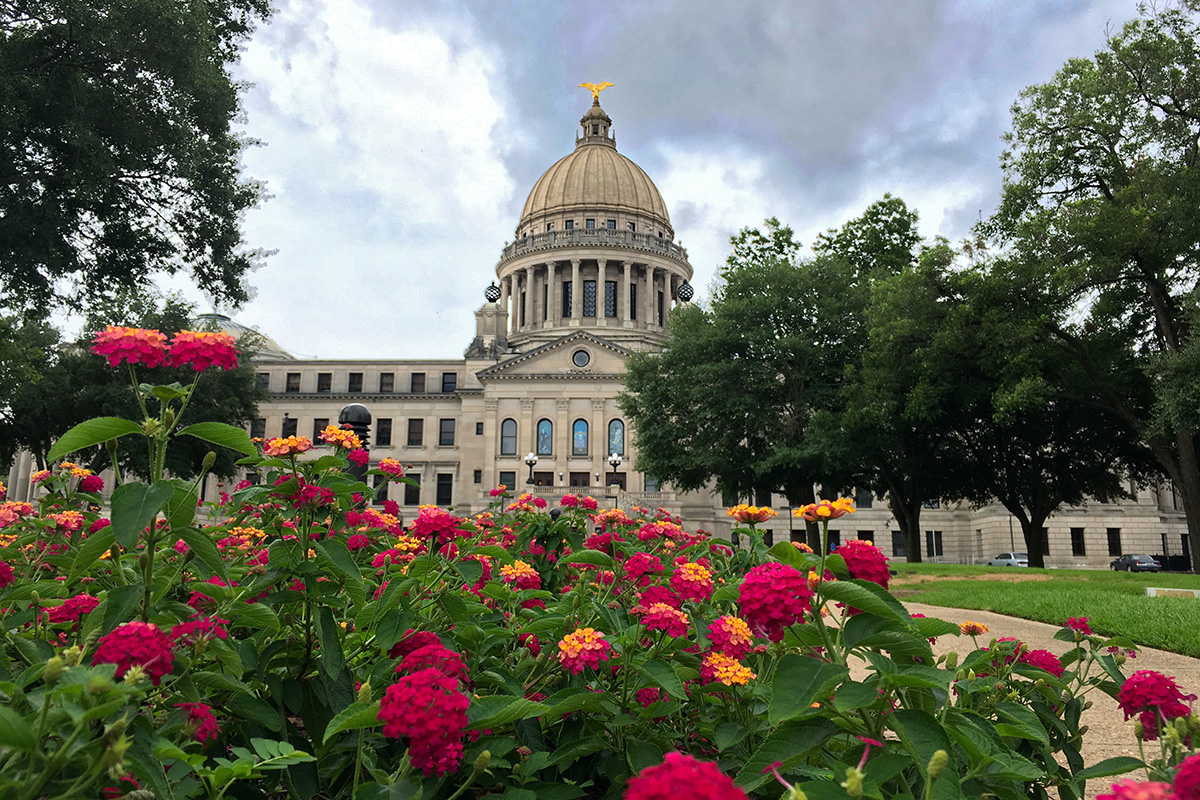
I also told person after person the story of nonprofit leaders telling me during my writer’s residency in Upstate New York in 2019 not to be shy about starting a media nonprofit here alongside others and that all states needed multiple nonprofits and a strong local news ecosystem to have lasting impact. Besides, one leader told me, with all those years of experience there and our reader base, “You’re not really a start-up.”
I listened and came home and asked Kimberly to co-found the MFP with me, telling her I believed this was the growth path we needed and our readers deserved, not to mention the ability to pay our dedicated people better. She agreed.
Last night, as always, I made it clear to anyone who asked about other nonprofits in the state that we believe that Mississippians and others should give as they can to multiple outlets and that toxic competition to “beat” others must stay in the old-journalism past. Hell, I give regularly to four nonprofit media outlets myself, I told them. Some seemed relieved to hear it; I sense that they may not always hear that messaging about supporting multiple outlets with various strengths and focuses on ensuring Mississippi and the nation get the journalism our people and democracy deserve. That’s too bad if I’m right.
Then: ‘Stay in Your Lane’
I went to sleep in a friend’s lovely guest cottage here last night, glowing from a stupendous night and supportive response to our origin story and high standards for reporting, along with a pile of donation checks to help make it all happen and grow. It had been a great week with so much praise and increased donations from across the nation after News Editor and reporting star Ashton Pittman and I had decided last weekend to publish Donald Trump’s comments about Vladimir Putin and NATO allies on our website. We decided to start a national section where we could post more urgent democracy-threatening news that we do ourselves when time or good pickups from the Associated Press, where we’re a member. Part of our stated goal was to challenge other media outlets, from national to local, to report more directly in this pivotal year.
Josh Benton quickly wrote a fantastic Nieman Lab piece about our local-national reporting strategy, drawing this powerful conclusion: “What journalists choose to focus on matters, even in the news industry’s maimed state. Our profession’s fundamental act—the chance to say ‘Hey, this is important, you should pay attention’—isn’t reserved for a few offices in Manhattan and Washington. The voice can come from Mississippi too,” he wrote.
But the attention our challenger-brand decision drew didn’t sit well in all corners of the traditional journalism world. I woke up around 6 a.m. today and saw that the MFP was tagged on a lecture to us by Northeastern University journalism professor Dan Kennedy on his blog, telling us to leave the national reporting to the big guys. He also said we should, somewhat counterintuitively, “stand as an alternative not just to the toxic rhetoric of cable news (and especially Fox), but also to serious purveyors of journalism like the Times and The Washington Post.” How we do that without reporting key national stories isn’t abundantly clear. It’s also worth noting that the Times and Post, to whom we are entreated to defer, both have paywalls on their content, which may be another reason many Mississippians don’t read them.
He even started the post by saying the MFP should “stay in their lane.” (He has since deleted the line.) Ouch.
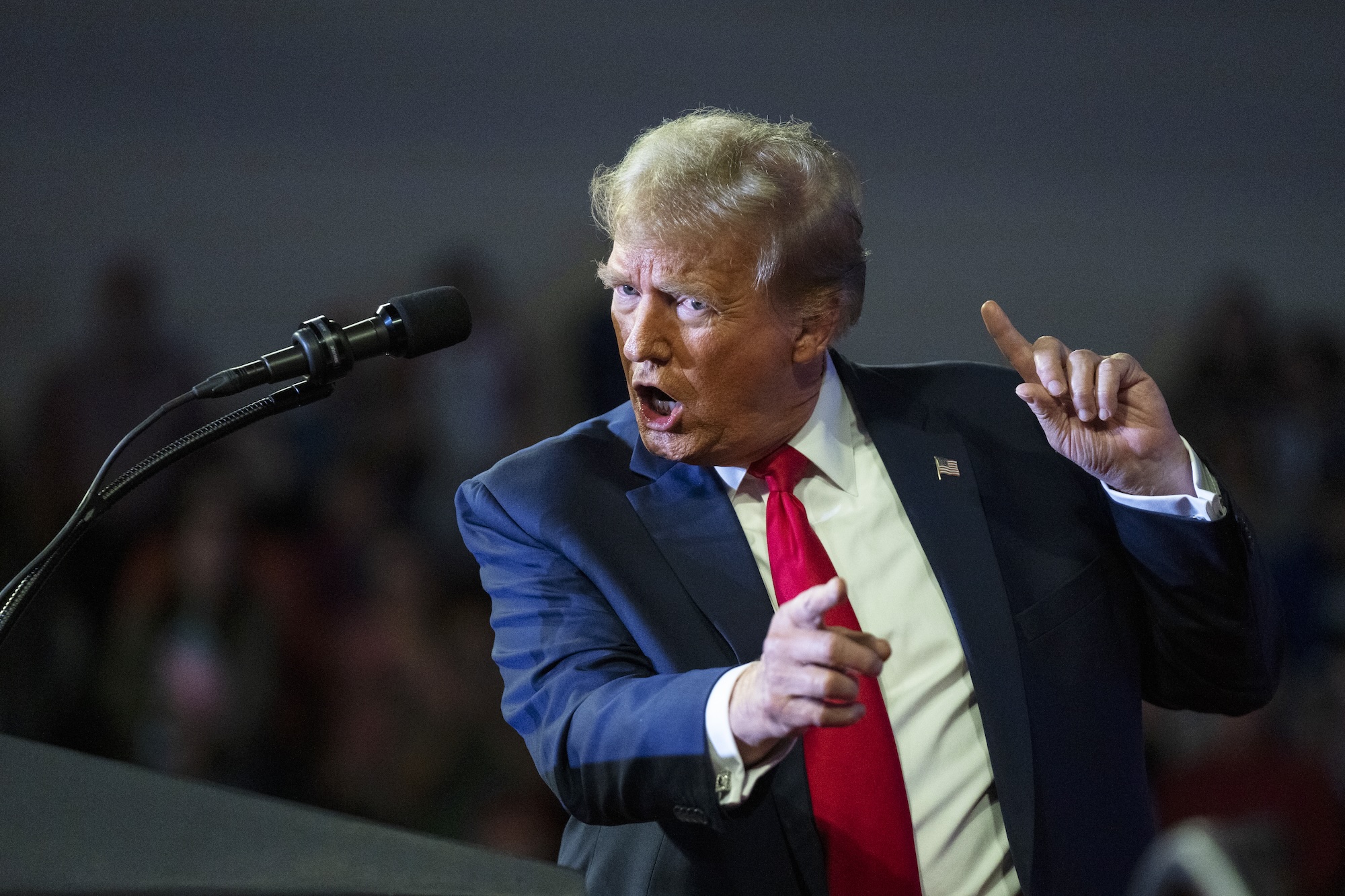
Kennedy then asked: “[W]hy was a regional news organization leading with a national story from another state?” sounding like this was not a long tradition from daily (corporate and locally owned) to more alternative media for decades.
He added that “local and regional news organizations ought to stick with their mission,” perhaps not knowing that our mission in local news in our state has always included (a) telling the truth on behalf of democracy and (b) treating Mississippians like we’re smart enough to report, consider and talk about big, important issues, too. If you don’t know, if there’s anything that can ignite and unite Mississippians, it’s treating us like we’re too ignorant to process or produce complicated things.
Kennedy also falsely claimed we were “in the middle of a reshuffle,” without bothering to call or even email me to fact check the claim. We are not reshuffling a damn thing. We added a national news box to our front page, and with our growing team can do key stories during this election year—as the JFP did for two decades with a far smaller staffer. And the smaller JFP managed at the same time to produce journalism that put the media darling Jackson mayor on trial twice and helped send a klansman to prison and reported about the Jackson water crisis through a systemic lens far before anybody else did, which we continued with the MFP.
Some of the national stories we add going forward will be pickups of good AP explainers or reprints from other outlets, just as we already run explainer columns by academics across the U.S. from The Conversation mixed with local opinion pieces in our Voices section—information Mississippians need. It was also in our original MFP business plan to fund a D.C. reporter to keep a closer eye on our elected officials there rather than just reacting to what they do. We’ve run stories about their actions in Washington since Day 1 of the MFP.
A False Winner-Loser Dilemma
I blinked before I’d had a sip of coffee and tweeted about this mess of a blog post targeting my newsroom, including a screenshot of his protected tweet. Reader response was fast and furious at Kennedy, a longtime journalism professor whom I remember being part of a training with decades ago. (I happen to have been doing this a long time, too, for those keeping score for some reason.)
Of course, with our dedicated reader base in our state and the other 49, the response was immediate, especially about that “stay in their lane” admonition. A nonprofit editor in another state called his post “ridiculous” but sullied his own message with a lagniappe slap at us for following the Sunday Trump story with “self-congratulatory editor’s notes and tweets.” I’ll save the larger conversation about women-founded and -run organizations getting slammed for promoting our team’s work while it is seen as business savvy for men and male-run organizations for another day.
Also to be clear: Editor’s notes, like the one Ashton wrote last week explaining our decision to report on Trump’s remarks, are a transparent and ethical way to explain what could be controversial editorial decisions and common (see one here I wrote in 2020 about Ashton’s big UM email series that also drew some consternation). And we’d only done one about the Trump NATO comment before this one today.
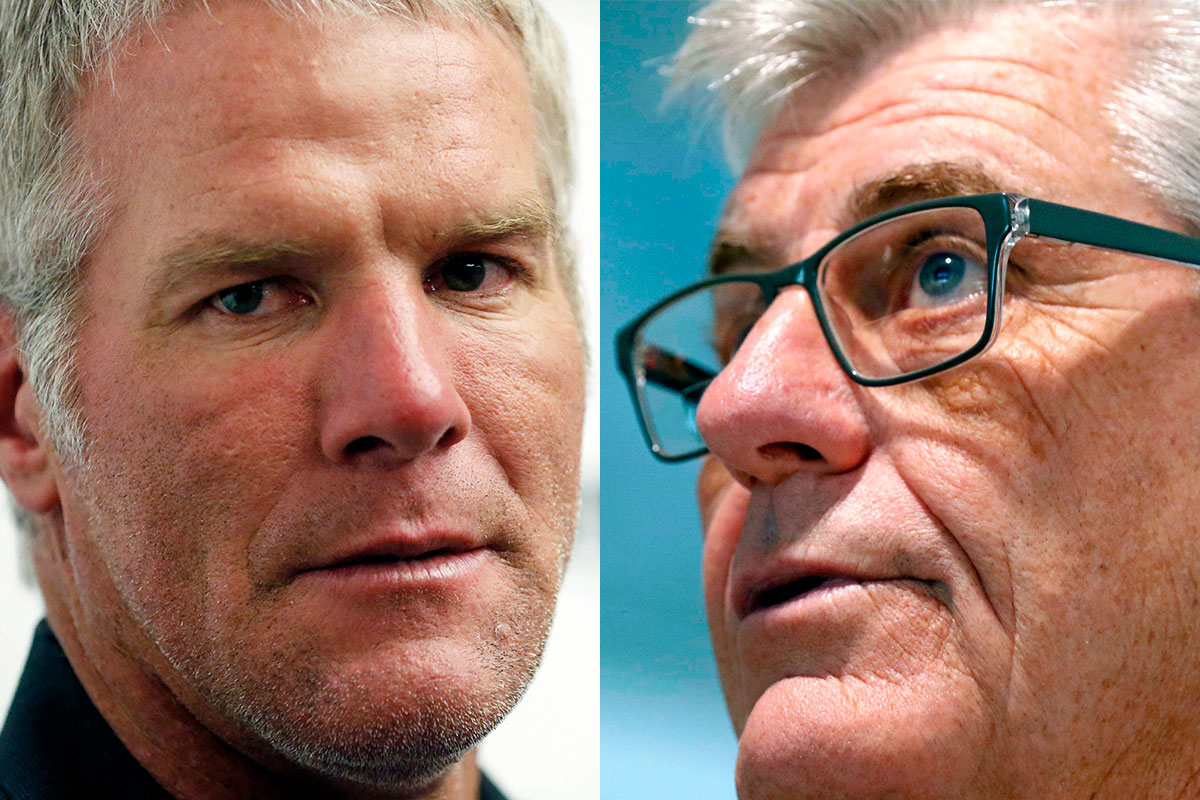
The other thing that bugged me about Kennedy’s post was what I and many women media entrepreneurs call the false winner-loser dilemma. In a clear non sequitur, he brought up another nonprofit publication in Mississippi that “has stuck to its knitting” and “implicated” specific people in the TANF scandal—but didn’t mention our and other Mississippi and national outlets’ good and contextual welfare-scandal coverage. That includes one hell of a still-expanding timeline by Ashton and his husband William Pittman. We also leave the implicating to legal authorities and work very hard to report full context, including full texts and emails in order, of any scandal.
In that paragraph, clearly trying to pit us against another outlet, Kennedy linked to his podcast with that outlet’s CEO (we await our invitation) and mentioned one of their awards—while not mentioning the 72 awards we’ve won since 2020 launch for local coverage. He also didn’t mention that we are one of the first Press Forward grant recipients based on our inclusion and reporting approach, which has not changed one iota because we’re willing to include reporting about democracy and security threats in a box labeled “national.”
I don’t know why it’s so hard for some in journalism not to try to sow dissension in local media ecosystems—or to understand that all our states, and especially Mississippi, need a village of publications with different strengths and focuses to produce significant and vital journalism. Frankly, due to a legacy of very racist newspapers and then chain control in our state and others, there is too much work for one media outlet, or one nonprofit, to do. We shouldn’t replicate each other’s work; we should credit other outlets’ reporters and enterprise work; and we shouldn’t try to be the only newsroom anyone knows about or supports in the state.
We don’t ask people to choose one newsroom to support and follow, and we don’t believe journalism experts should parachute into our states and do that either. We’re all facing enough challenges without ever having to wake up to this one.
Correction: Donna Ladd’s original column said that Dan Kennedy teaches at Northwestern University. He is, in fact, a professor at Northeastern University in Massachusetts where he also received his bachelor’s in journalism. She apologizes for the error.

